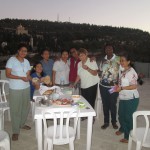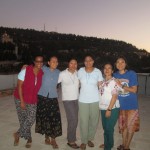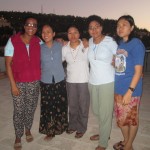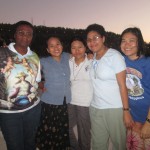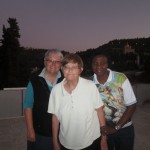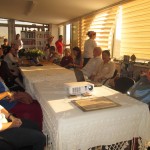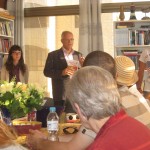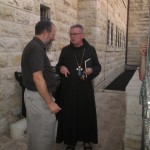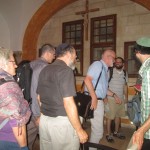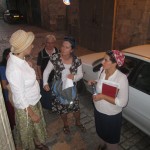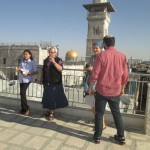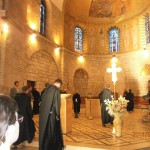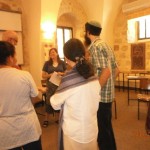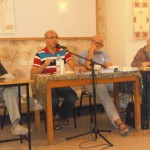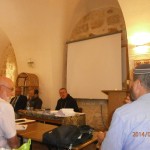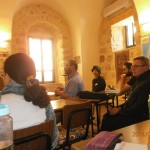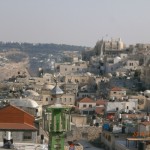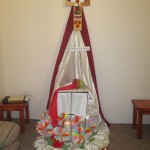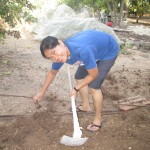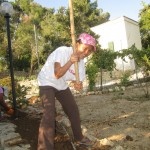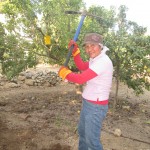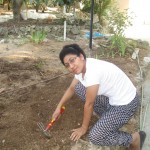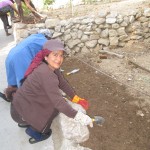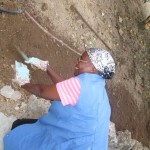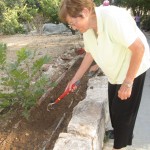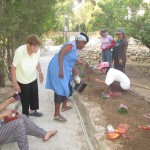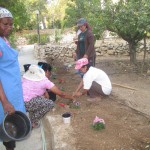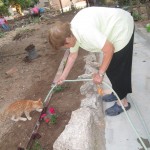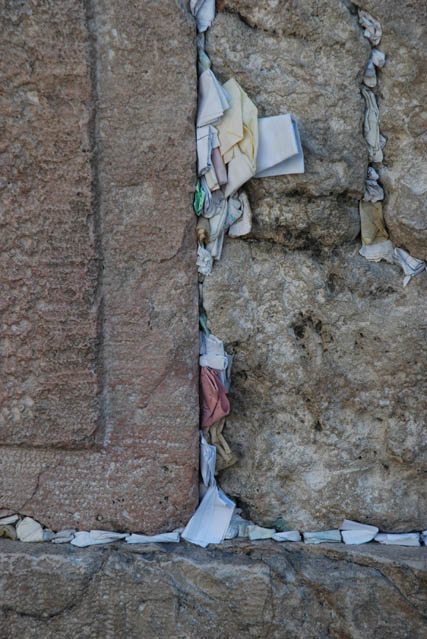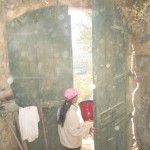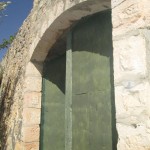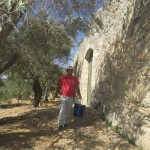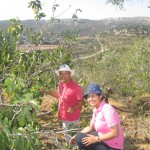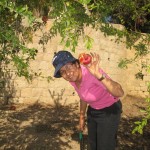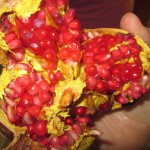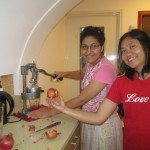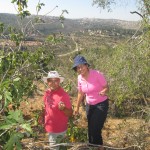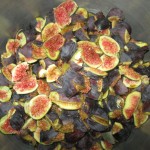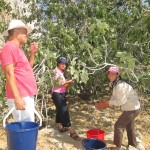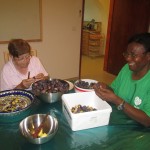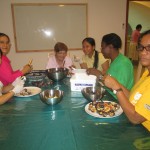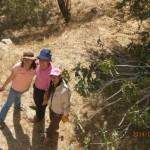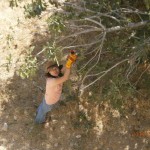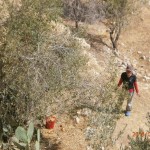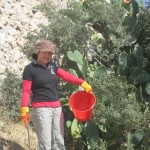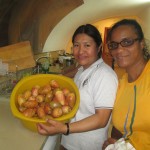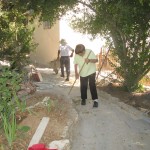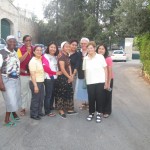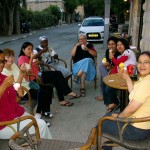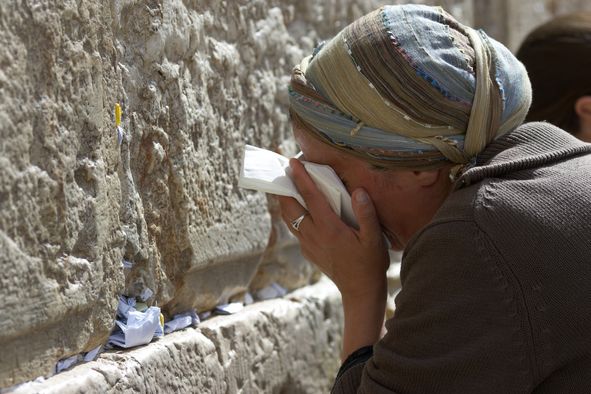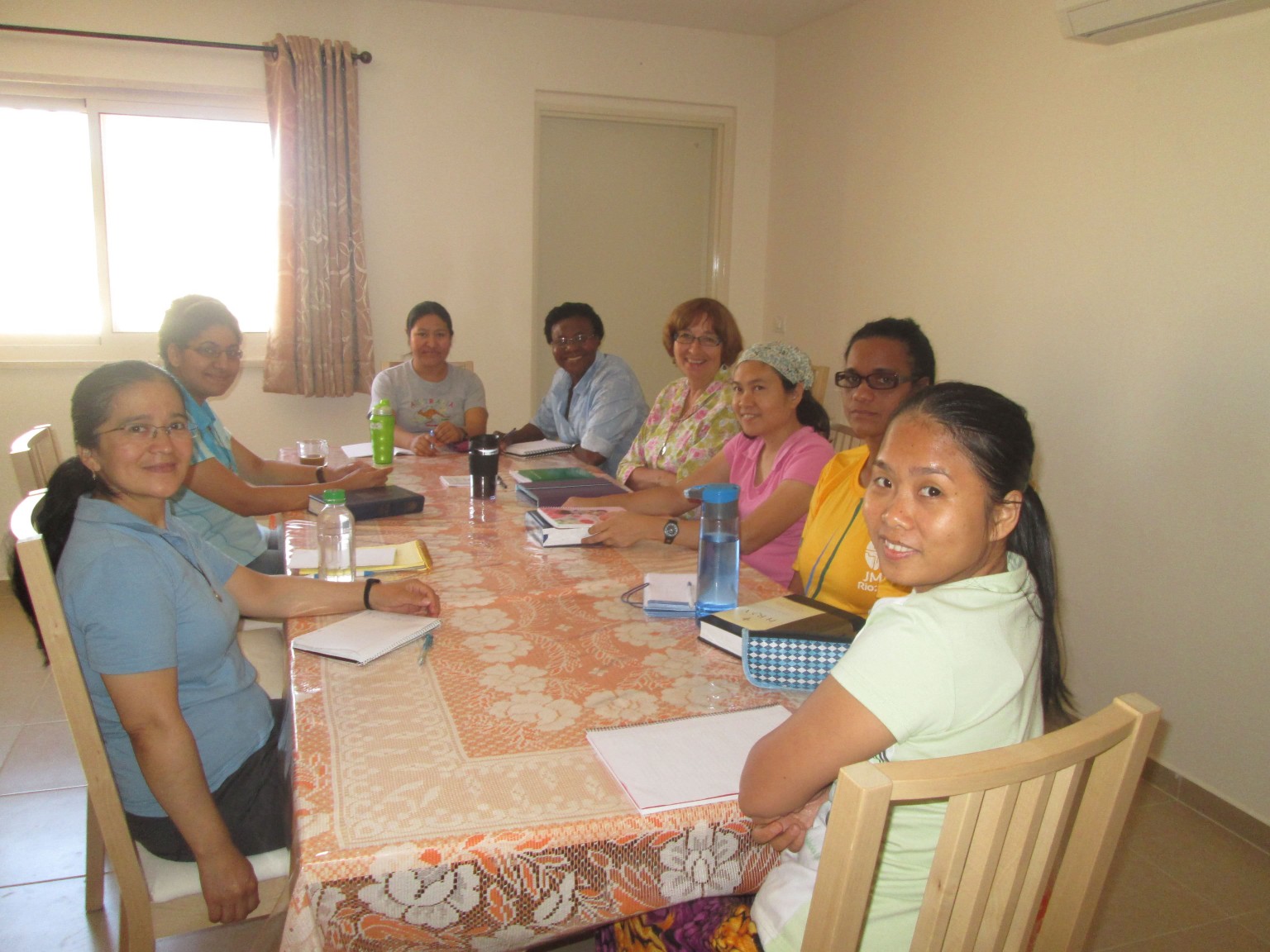“How very good and pleasant it is when kindred live together in unity.” Psalm:133: 1
There are several important things to consider in living together. To begin with, the biggest consideration is: First, we have the opportunity to learn and grow from our different culture, background and personalities and these differences lead us to live life to the fullest. Second, from our imperfection we are trying to live out the Scripture daily as much as possible. Finally, we are now complete in the novitiate house and we all have our room.
This week we began to work on our booklet for our Galilee Pilgrimage this coming October. It is a wonderful experience in sharing our ideas and talents working together.
We had such a nice afternoon with Sr. Aparecida Aquino for sharing her vocation story with us. She was born in Aracaju, Santo Amaro, Brazil. She knew Sion since when she was a child. The Sion’s house and school were close to her familie house.
She did her formation with the sisters for her first communion and confirmation and after that she was involved within a young group that belongs to the parish. She became very close to the sisters. She thought to become a nun when she was 7 years old and then when she was 21 years old; Sister Ivone asked her if she was thinking to become a nun and a year later she started her come and see in Santo Amaro. She did her novitiate in San Paulo and after that she had an experienced for one year in the region on Central America.
Now she is living in Ecco Homo and sometimes she is having some experiences in Ein Karem where we all can meet her.
written by Novice Clara
- then, supper on
- the new renovated
- Terass
- overlooking
- the visitation Church.

